Digitized collections: Impronte digitali
- For help and info: dam-group(AT)unifi.it
- For images usage conditions: Regolamento per l'autorizzazione alle riproduzioni fotografiche e filmografiche
The digitized collections of the University Library System will be searchable and accessible starting December 2025 on the University of Florence's digital library, Impronte digitali, as well as on the national platform Cultural internet.
The resources are also available in OneSearch and in its Collections.
The digitalizations are the result of a decade of digital conversion of rare and valuable historical material held by the various libraries, in many cases belonging to the oldest and most precious sections of their holdings.
The beginning of the activity dates back to 2010 on the occasion of the project named Digitization for library services, which helped to create the first core of the digitized collection. The collection has gradually been enriched with new digital resources, the result of digitization projects aimed at the conservation and, at the same time, the enhancement and sharing of important and rare pieces of historical library archives.
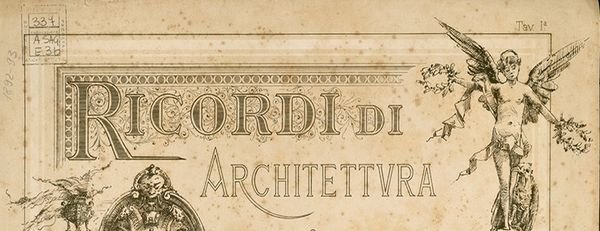
Journals
Here one can find some of the oldest scientific journals in our possession such as Acta eruditorum and some of the earliest in the humanistic field such as the Giornale de’ letterati, born in Rome in the second half of 1600. Collection of 20th-century periodicals, such as Hermes, linked to futuristic avant-garde, Ricordi di architettura and others.
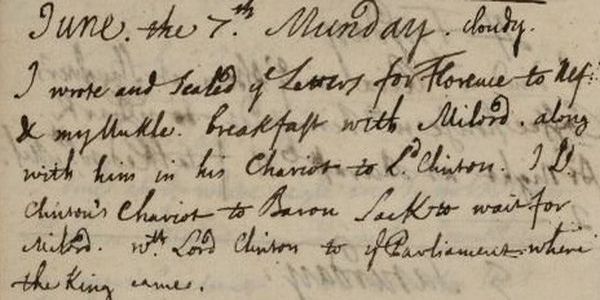
Cocchi Archive
Out of Cocchi's large archival collection kept in the Biomedical Library, the Ephemerides and his private diary have now been digitized. This virtual archive includes also two manuscripts kept in the Botany branch of the Sciences Library.
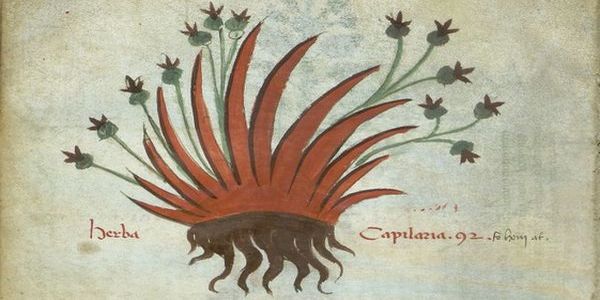
Medical prescription books and pharmacopeias
We offer access to texts that are significant for the evolution of medical care, in particular pharmacopeias and prescription books such as the ancient Ricettario Fiorentino, published in 1499, reprinted for centuries, and codices that describe or illustrate medicinal plants such as the Codice erbario or Manuscript 106 presumably dating back to the 15th century.
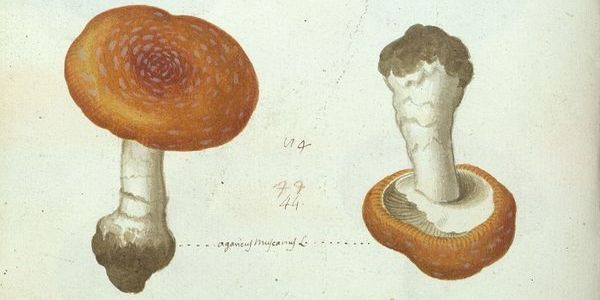
Micheli Collection
The substantial manuscript collection, preserved in the Botany branch of the Science Library, was purchased for the Museum of Physics and Natural History in 1845 by Leopold II of Habsburg Lorraine.
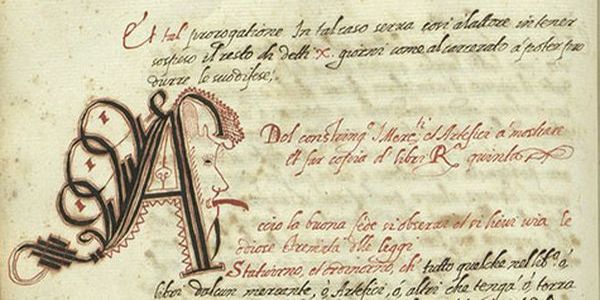
Manuscripts of Statutes
If among the Incunabola are found the Statutes of Verona and Milan and among the Texts Miscellany the printed Statutes of Piombino, here are presented 18 manuscripts of Statutes of municipalities or corporations dating from 16th to 19th century coming, except for the Statute of Florence of the antique collection of the Biomedical Library, from the Library of the Bar of Florence.
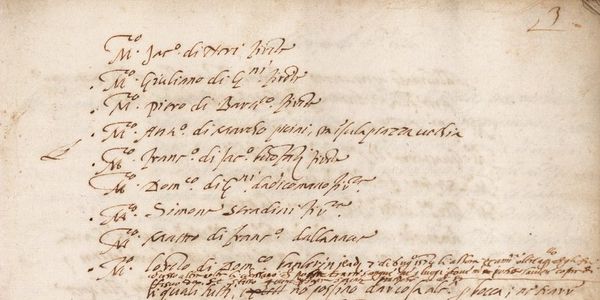
Medical College of Florence Archive
The 13 folders of the "Register" series of the Medical College (1560-1809) and the "newspaper of the Decrees of Exams" series (1814-1867) were digitized but this is only part of the much larger archival collection owned by the Biomedical Library.
![Sommier Stephen, Un'estate in Siberia, pagina [177] Sommier Stephen, Un'estate in Siberia, p. [177]](upload/Collezioni%20digitalizzate/Estate%20Siberia_600x300.jpg)
Scientific expeditions
More than 20 volumes are linked to the chronicle of adventurous journeys undertaken in distant lands for scientific purposes between the second half of the 18th century and the 19th century. The narration is mostly made by the protagonists such as Lazzaro Spallanzani, Peter Simon Pallas, James Cook, Enrico Hillyer Giglioli, Stefano Sommier.
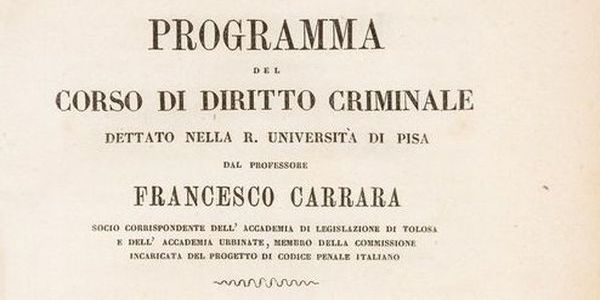
Tuscan Penal Law Codices of the Nineteenth Century
The Leopoldino Codex of 1786, the first in the world to abolish the death penalty, marks the beginning in the Tuscan Grand Dukedom of a period favourable to the studies of criminal law, as the digitized works of the doctrine of Mori and Carrara and the Penal Code, promulgated in 1853 bear witness.
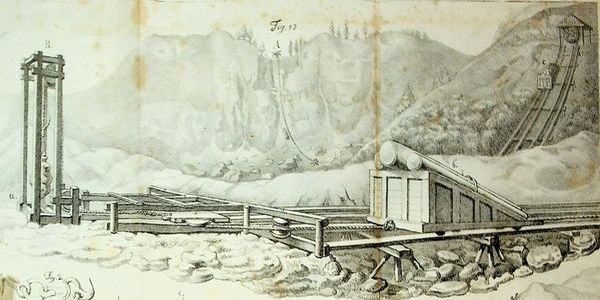
Texts Miscellany
These are printed volumes that have a particular interest in their reference disciplines: architecture, literature, science, law. In the collection, there is also the Catalogo della Biblioteca del Collegio degli avvocati, (the Catalogue of the Bar of Florence's Library) due to Gaetano Rocchi and dated 1890.
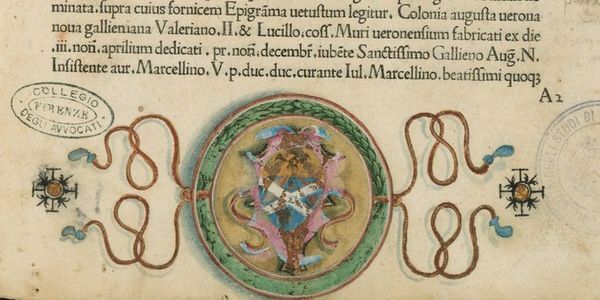
Incunabula
About twenty specimens of the first printed books, published in the last thirty years of the 15th century, mainly coming from the Biomedical and Humanities Libraries, for the most part on medical subjects. The stamps visible in the first pages of the texts clearly show their origin from important library collections that have been transferred to the Institute of Practical and Advanced Studies.
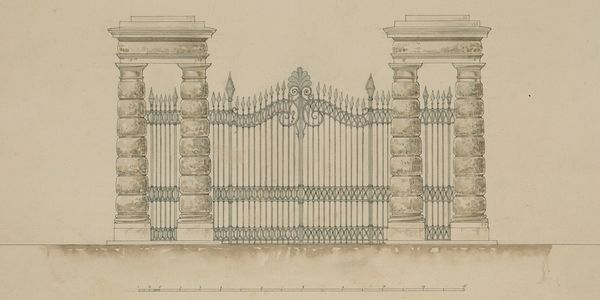
Poggi Archive
Made up of more than 900 illustrations, some of which are drawn on the verse, and digitized entirely for a total of 970 images, the collection illustrates renovation plans by the Florentine architect Giuseppe Poggi for private clients belonging to noble families, among which the Gerini, the Della Gherardesca, the Incontri, the Giuntini. Media, execution techniques, and sizes are varied.
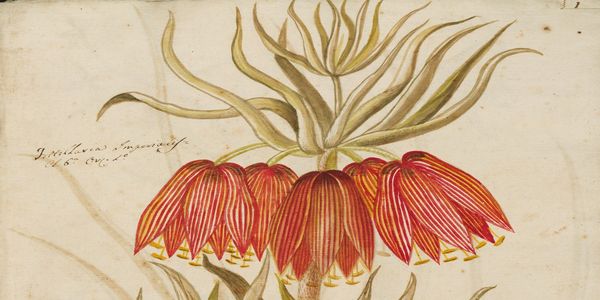
Animalia et vegetalia
Seven manuscript volumes enriched by beautiful illustrations of plants (Viridarium botanicum novissimum Italo-hispanum) and mushrooms ([Libro dei funghi]) from the Biomedical Library and more than twenty printed volumes from the Sciences Library, focusing on the description of Italian and other fauna, published between the 18th and 19th century.
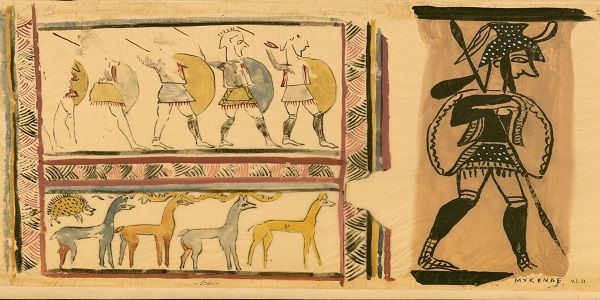
Milani didactic plates
Curated by Prof. Luigi Adriano Milani (1854-1914) with transparencies, photos, and drawings, collected and commented, they were used during his archeology lectures from 1894 at the Institute of Practical and Advanced Studies in Florence, with the innovative aim of fostering learning through direct knowledge of documents.
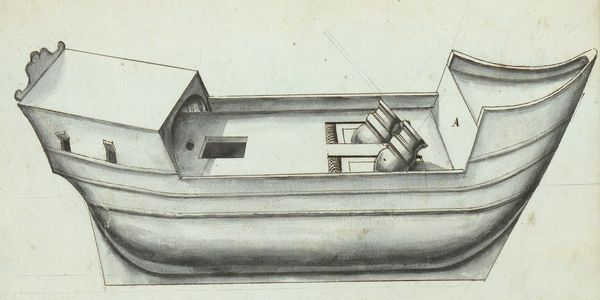
Manuscripts
Several manuscripts have already been offered in other collections (Animalia et Vegetalia, Cocchi Collection, Micheli Collection, Medical prescriptions books, Manuscripts of Statutes). Here one can find specimens coming from various antique archives and historical nuclei of the different University Libraries, in particular, the Biomedical and Humanities
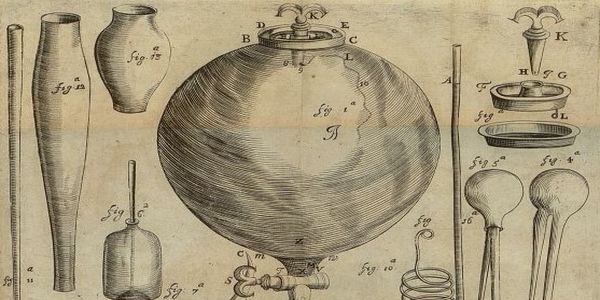
Vincenzo Viviani the last disciple of Galileo Galilei
More than one hundred volumes that belonged to Vincenzo Viviani have been identified at the Biomedical Library and from the larger bequest made by the scientist to the Hospital of S. Maria Nuova in the 18th century.
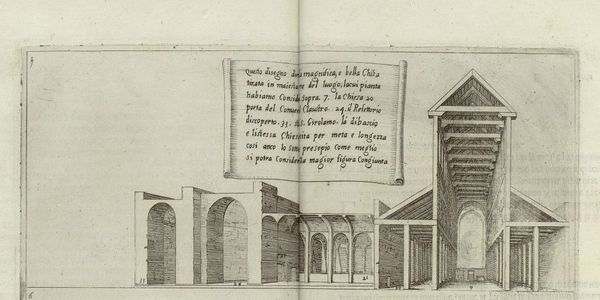
The oriental collection of Aldobrandino Malvezzi de' Medici:
The volume Trattato delle piante & immaginj de sacri edifizi di Terra Santa marks the beginning of the digitization of some volumes of the Oriental Library of Aldobrandino Malvezzi de' Medici, doctor of fine letters and disciple of Giosuè Carducci, professor of colonial history and politics, then of colonial law, at the University of Florence. The collection was donated to the Faculty of Political Science shortly before his death.
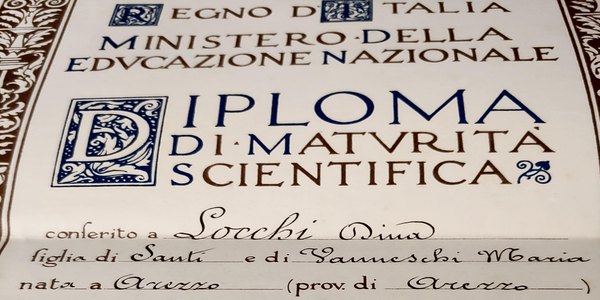
Theses of the first women graduates
In 2018, as part of a project for the enhancement of the University's cultural heritage, a selection of historical theses produced by the first women who graduated at the University of Florence were identified, cataloged, digitized, where necessary or possible, and published online. Some of these documents are accessible in full text.
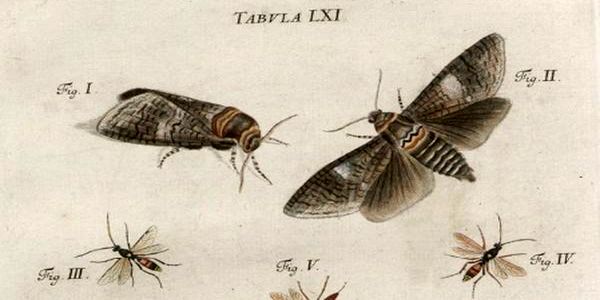
BHL biology books
About 300 antique volumes about zoology from the Sciences Library have been reproduced at the digitization Center of the University of Gottingen (GDZ). They have been merged into the European Biodiversity Heritage Library for Europe BHL-Europe project.
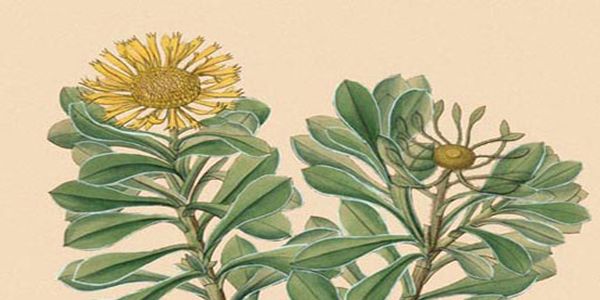
Proyecto Humboldt
This is a project developed in collaboration between the Tenerife-based company and Fundacion Canaria Orotava de Historia de la Ciencia, the Max-Planck-Institut fur Wissenschaftgeschichte in Berlin, with the aim of digitizing and making freely accessible on the net the numerous and composite material (volumes, magazine articles, archival material, herbary etc.) produced by the scientific exploration of the Canary Islands from the end of the 18th century until the early 20th century.
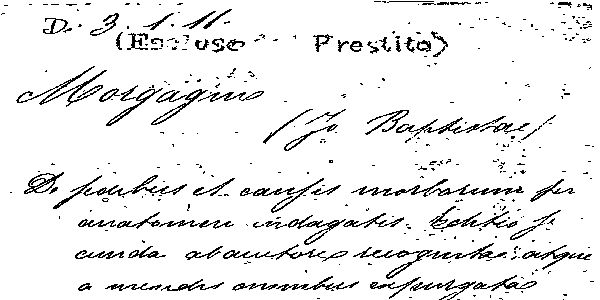
Historical catalogue of the Biomedical Library
In 2007 the Biomedical Library digitized its historical catalogue in order to make it available remotely. It is a card catalogue ordered by authors and titles, whose oldest record dates back to the end of the 19th century.
Last update
23.12.2025